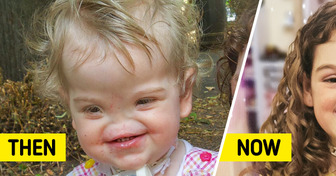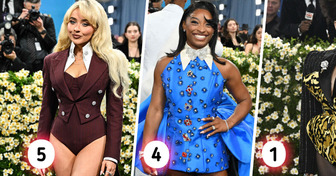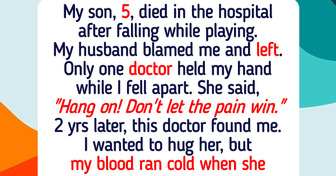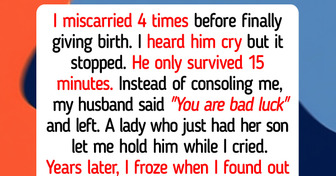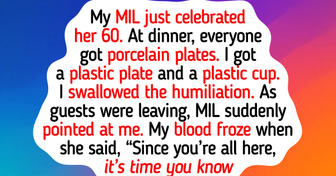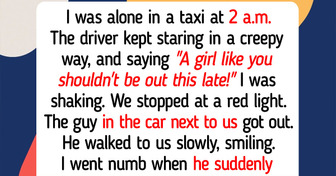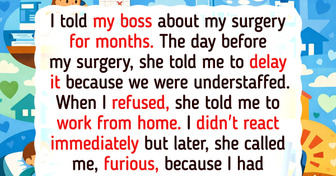“Too Bad She Couldn’t Accept Aging Gracefully,” Shania Twain, 58, Looks Shockingly Youthful in New Pic
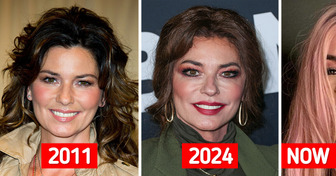
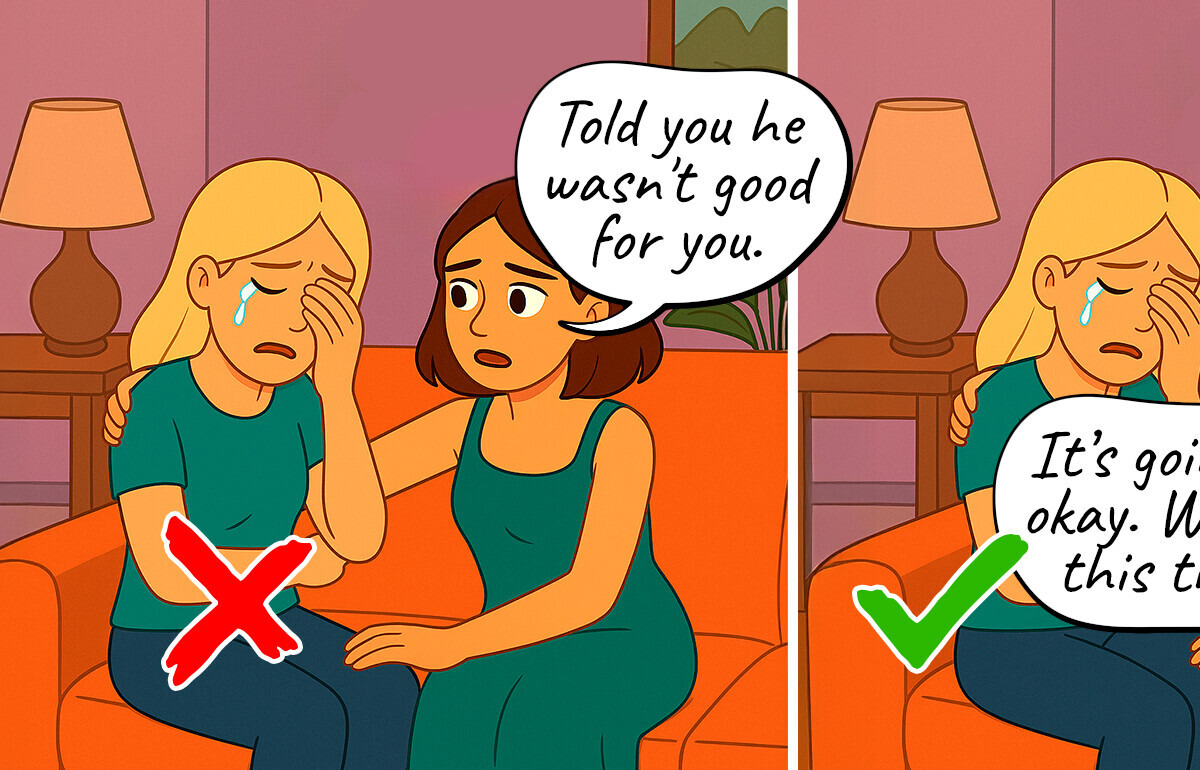
Sometimes, the real heartbreak doesn’t come from romance—it comes from a friend you thought would never hurt you. That said, not all bad friendships are loud. Some are subtle, smiling, and slowly draining. Here are 10 red flags that you should not ignore.
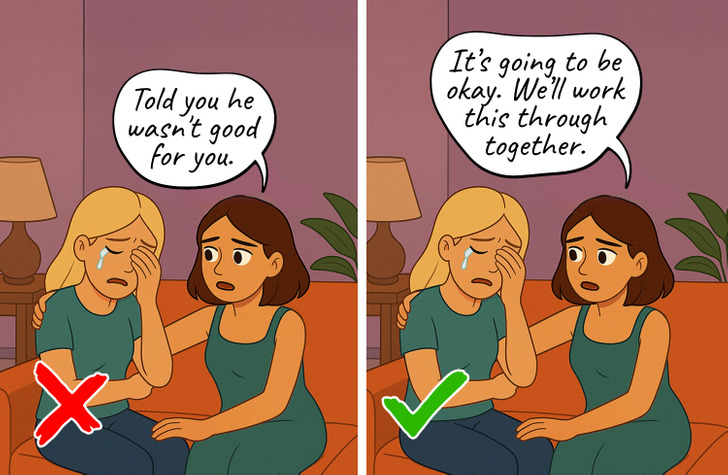
Ever left a hangout feeling like you ran a mental marathon? According to psychologist Dr. Judith Orloff, emotional vampires exist—and they often come dressed as friends. A good friendship should fill your cup, not empty it.
These are the seasonal supporters—always there for the party, never for the pain. True friends sit with you in the dark. This is often confused with “people just being busy.” But consistent absence in tough times isn’t busyness—it’s avoidance or emotional disinterest.
In addition, this scenario might play out differently for other frenemies. Some of them like to “advise” you during your lows or push you down even further. This advice usually comes from not a bad place or unfavorable intentions.
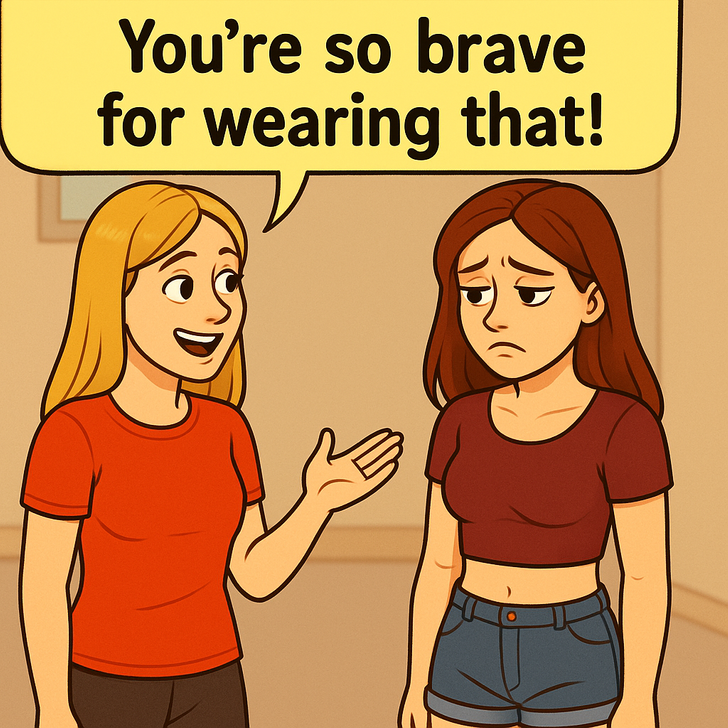
You land your dream internship. They “accidentally” mention their raise. You get engaged. They immediately talk about their own dating drama. This is competitive energy masquerading as friendship. Now, this isn’t always jealousy. Sometimes it’s rooted in insecurity—they need to match your shine to feel safe. In other scenarios, they could eye your significant other, but don’t let that hinder your confidence.
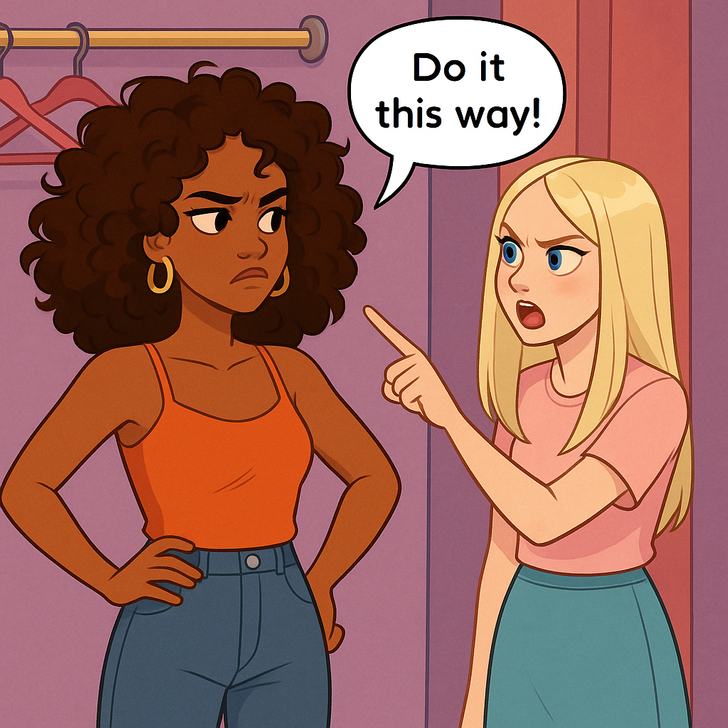
This friend constantly tries to “fix” you—your decisions, your outfits, your dreams. Under the guise of care, they insert control. Many of us grew up equating micromanagement with love—especially if we had critical caregivers.
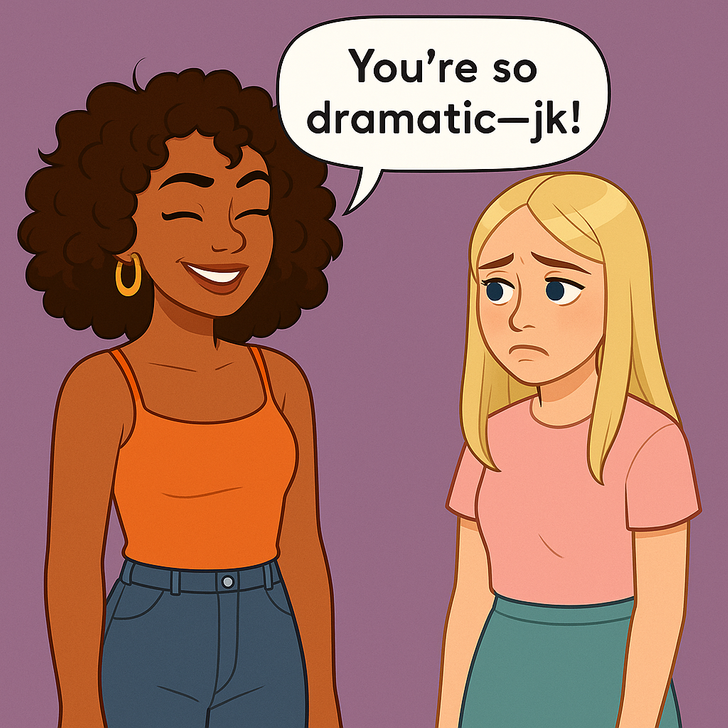
Responses like, “You’re so dramatic—jk!” “Did you actually think that outfit worked?” aren’t jokes. They’re passive-aggressive comments disguised as “banter.” Humor should feel safe. If you walk away with hurt feelings every time, it’s not comedy.
You plan. You check in. You ask how they’re doing. Meanwhile, they’re barely responding to your texts.
Plus, if you’re always the one replying to their stories, commenting, and getting nothing in return? That friendship is likely one-sided.

All your wins might often be met with an ungenuine tone while saying, “Oh, that’s great,” or a single, “cool.” Either way, frenemies aren’t really happy for your accomplishments and will often internally compare themselves to you. They might even downplay your achievements with statements like, “It’s not that big of a deal.”
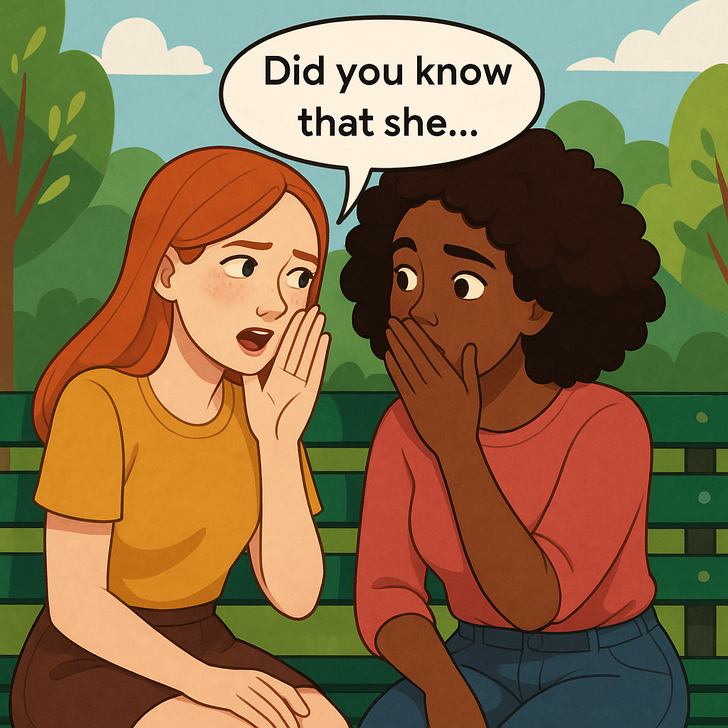
If they spill others’ secrets with ease, what makes you think yours are sacred? Gossip is less about curiosity and more about power—it keeps people feeling “above” others. Gossip gives people the sense of closeness without the actual emotional labor of real connection.
It becomes a shortcut to intimacy—"If I share this juicy thing with you, you’ll feel bonded to me." But this bonding is built on betrayal, and eventually, you’ll be next.
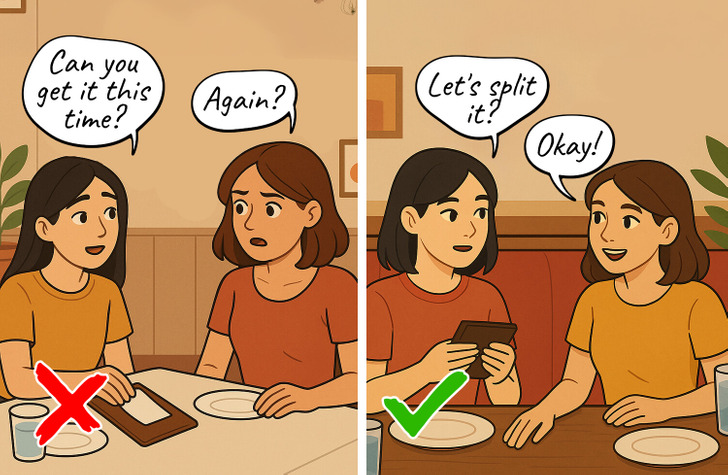
They bring up old favors, create guilt-laced reminders, or expect you to “repay” their kindness. That’s not kindness—it’s currency. When friendship becomes transactional, that’s when you know they’re not genuine.
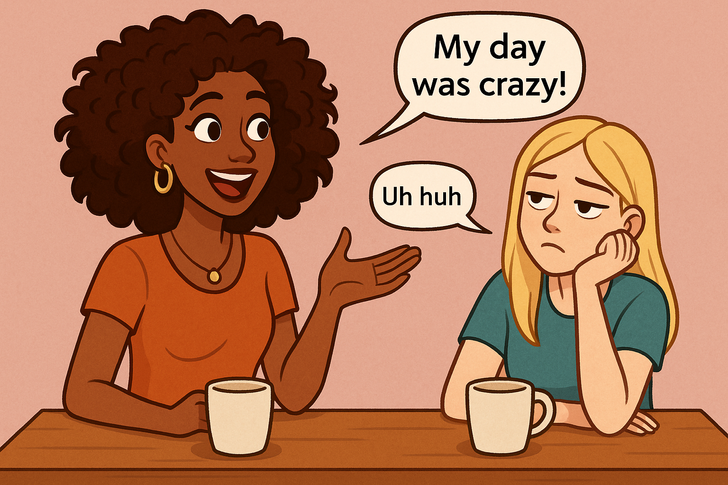
You: “I had a rough day.”
Them: “Ugh, I had the worst day ever. Listen to this...”
This is conversational narcissism, and it often stems from emotional immaturity. You feel unseen and unheard.
This one can fly under the radar with bubbly or extroverted friends who dominate space with charm but offer very little emotional reciprocity. But, even those kinds of friends should give you enough space to speak.
In conclusion, a good friendship is nourishing, mutually safe, and most importantly, consistent. It doesn’t leave you second-guessing yourself or constantly walking on eggshells. Sometimes we stay because we’ve mistaken longevity for loyalty. But staying in spaces where love is conditional, where your joy feels “too much,” or your silence is expected more than your voice—that’s not friendship. Check out these people who decided enough was enough with their friendships.

